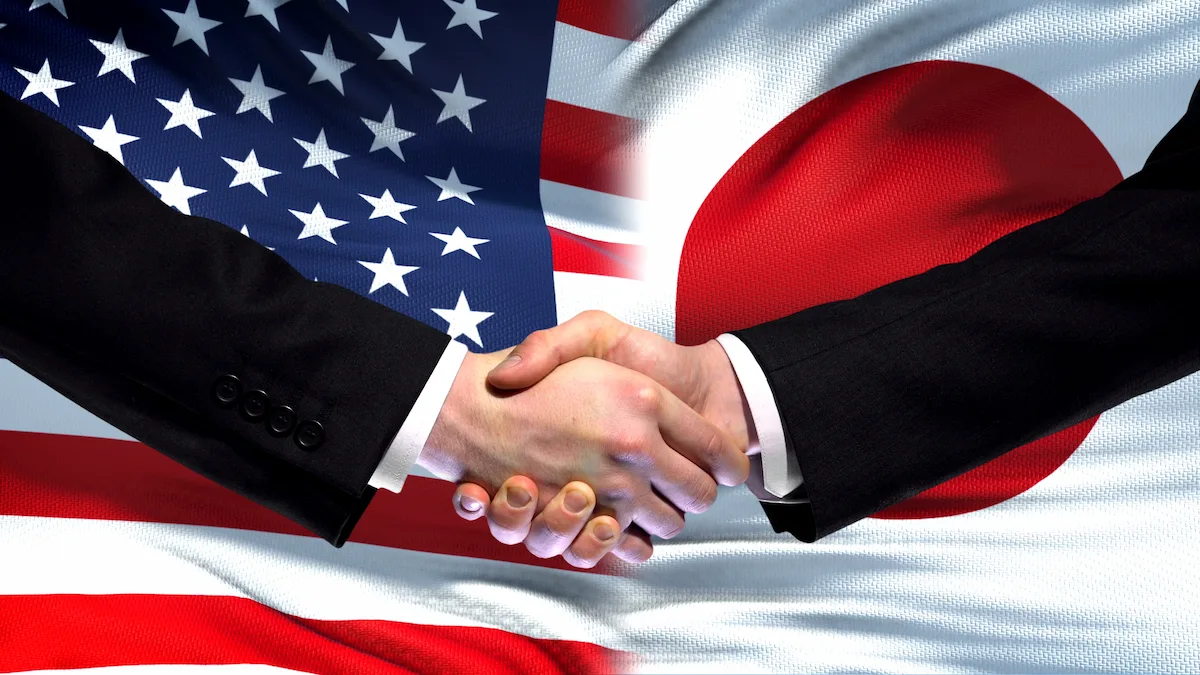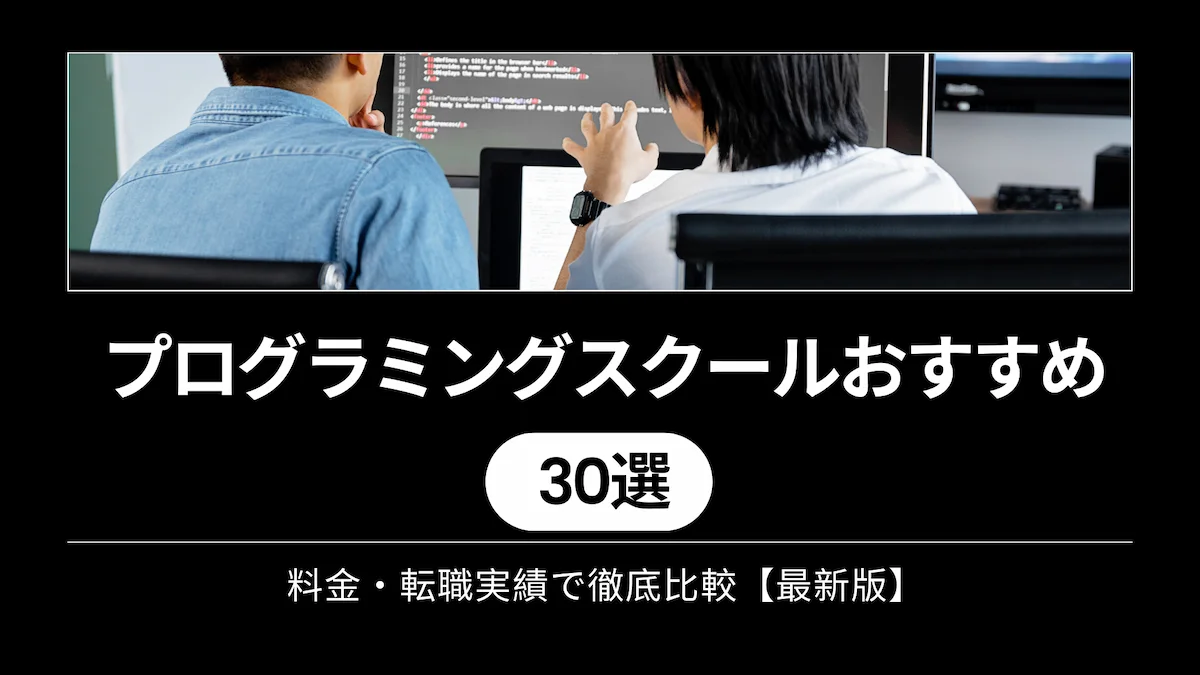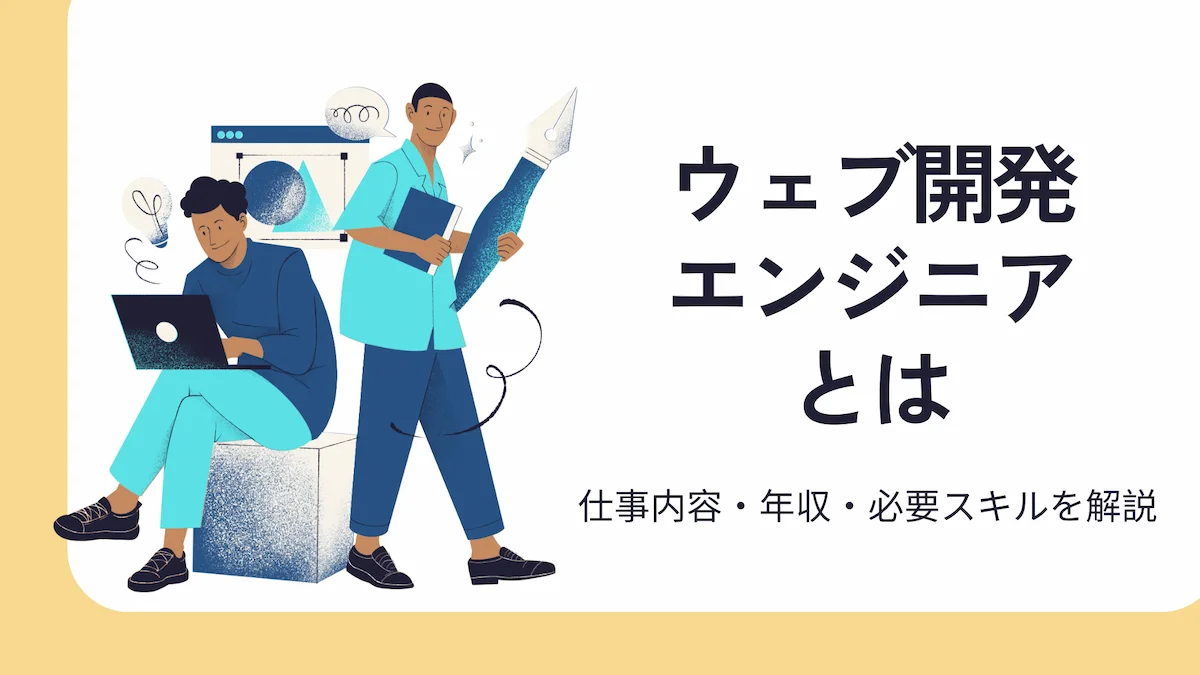Understanding the differences between Japanese and American business cultures has become an essential skill for engineers in the increasingly globalized IT industry.
As collaboration with teams from different cultural backgrounds becomes commonplace, understanding the business practices and work styles of both countries directly correlates with career success.
This article explains the key differences in business cultures between Japan and the US that IT engineers should know, along with practical approaches to leverage these differences.
- Key differences in Japanese vs US IT work cultures.
- How to adapt your communication style across cultures.
- Ways to turn cultural gaps into career advantages.
1.The Importance of Understanding Japanese and American Business Cultures

In today’s rapidly globalizing IT industry, understanding the differences between Japanese and American business cultures is crucial for international engineers working in Japan.
Given the increasing opportunities to work between the United States, the center of the technology industry, and Japan with its unique business practices, a deep understanding of both countries’ business cultures is directly linked to career success.
Cross-Cultural Understanding Required for IT Engineers in the Global Era
Modern IT engineers need not only technical skills but also cross-cultural competency to work effectively in global environments.
Particularly noteworthy is the standardization of internationally distributed team development. With the increase in international collaboration through remote work, the ability to effectively collaborate with team members from different cultural backgrounds has become essential.
Furthermore, international cooperation in cloud services and open-source projects has become common, and opportunities for joint projects with overseas companies and employment with global corporations are increasing.
Cultural Knowledge to Seize Business Opportunities
Understanding business cultural differences has value beyond mere knowledge. Understanding your counterpart’s cultural background is extremely important in building trust with clients.
Cultural understanding is also essential when demonstrating leadership in international projects.
Additionally, by preventing project delays due to cultural misunderstandings and developing effective communication strategies, you can gain advantages in global business negotiations and contract discussions.
2.Fundamental Differences Between Japanese and American Business Cultures

There are fundamental differences between Japanese and American business cultures based on historical backgrounds and social structures.
These differences influence various aspects, from daily business activities to long-term strategic planning.
Impact of Individualism vs. Collectivism
At the root of Japanese-American business cultural differences lies the contrast between individualist and collectivist values.
America: Individual achievements and contributions are emphasized, with direct evaluation and feedback being common. Individual judgment and responsibility are valued, and taking initiative is highly regarded.
Japan: Team harmony and coordination are emphasized, with indirect feedback and implicit understanding being important. Organizational decision-making is valued, and obtaining overall consensus is prioritized.
Differences in Decision-Making Processes
There are also notable differences in decision-making processes between the two countries.
America
- Quick decisions through top-down approach
- Immediate decisions by those in charge
- Emphasis on data and logic-based judgments
- Positive evaluation of risk-taking
Japan
- Bottom-up consensus-building is common
- Gradual decision process through preliminary discussions and adjustments
- Emphasis on experience and precedent
- Risk-averse approach
■日本でエンジニアとしてキャリアアップしたい方へ
海外エンジニア転職支援サービス『 Bloomtech Career 』にご相談ください。「英語OK」「ビザサポートあり」「高年収企業」など、外国人エンジニア向けの求人を多数掲載。専任のキャリアアドバイザーが、あなたのスキル・希望に合った最適な日本企業をご紹介します。
▼簡単・無料!30秒で登録完了!まずはお気軽にご連絡ください!
Bloomtech Careerに無料相談してみる
3.Important Business Cultural Differences Affecting IT Projects

The differences between Japanese and American business cultures become particularly apparent in IT project execution. Understanding and appropriately responding to these differences directly impacts project success.
Different Approaches to Contracts
The differences in contract culture significantly influence how projects are conducted.
America: Emphasizes detailed contract creation with strict interpretation and application of contract terms. Change requests are processed as formal contract modifications, requiring clear agreements with legal binding power.
Japan: Emphasizes basic agreement, with details often handled through consultation. Flexible interpretation based on circumstances is possible. Verbal agreements are common, and cooperation based on trust relationships is valued.
Differences in Meeting and Reporting Styles
There are significant differences in project progress management and reporting methods.
America
- Clear agenda and time management are emphasized
- Direct discussion of problems is common
- Quantitative reporting of results and challenges is required, with emphasis on immediate decision-making
Japan
- Detailed situation sharing and consensus-building processes are emphasized
- Indirect problem presentation and gradual resolution approaches are preferred
- Qualitative reporting is also valued, with importance placed on overall understanding and acceptance
Project Responsibility
The approach to project responsibility also differs significantly between the two countries. In America, individual roles and responsibilities are clearly defined, with clear accountability for success and failure. Individual judgment in specialized fields is valued, and performance-based evaluation is common.
In Japan, team-wide sharing of responsibility is common, with success attributed to team achievement and failure often considered management’s responsibility. Cross-departmental cooperation is emphasized, and both process and effort are considered in evaluation.
4.Communication Style Differences

Effective communication is essential for IT project success. There are significant differences in communication styles between Japan and America, and understanding these is key to smooth project progress.
Direct vs. Indirect Feedback Culture
There are notable cultural differences in how feedback is given and received. In America, direct expression of opinions is valued, and clear identification of problems is common. Constructive criticism is welcomed, and immediate feedback is expected.
In contrast, Japan favors indirect expression, with importance placed on reading context and atmosphere. Face-saving consideration is given, and gradual feedback is common.
Business Communication Etiquette in Email and Chat
Cultural differences are also apparent in the use of digital communication tools.
America: Concise, focused content is preferred, with quick responses valued. Casual tone is often acceptable, and stating purpose and conclusion upfront is common.
Japan: Formal greetings and polite language are important, with detailed background explanation typically included. Formal writing style is maintained, and context-rich, explanatory structure is expected.
■日本でエンジニアとしてキャリアアップしたい方へ
海外エンジニア転職支援サービス『 Bloomtech Career 』にご相談ください。「英語OK」「ビザサポートあり」「高年収企業」など、外国人エンジニア向けの求人を多数掲載。専任のキャリアアドバイザーが、あなたのスキル・希望に合った最適な日本企業をご紹介します。
▼簡単・無料!30秒で登録完了!まずはお気軽にご連絡ください!
Bloomtech Careerに無料相談してみる
5.Work Style Differences and Work-Life Balance

Japan and America have significant differences in their approach to work and values regarding work style. These differences particularly affect how work is conducted and teams are managed in the IT industry.
Attitudes Toward Working Hours and Vacation
There are clear differences in how working hours and vacation time are viewed between Japan and America.
America
- Working Hours: Clear boundaries exist
- Vacation: Viewed as a fundamental right
- Priority: Efficiency and respect for personal time
Japan
- Working Hours: Flexible boundaries
- Vacation: Sometimes hesitation in taking time off
- Priority: Team convenience over individual needs
Attitudes Toward Remote Work and Flexible Work Arrangements
There are also differences in approaches to flexible work arrangements, particularly important in the IT industry.
According to a Ministry of Internal Affairs and Communications survey, over 50% of American workers have used or currently use remote work and online meetings, compared to about 35% in Japan.
America: Remote work is accepted as a standard option, with performance-based evaluation being common. High degree of freedom in work location and time, with emphasis on work-life integration.
Japan: Greater emphasis on face-to-face office communication, with process and work hours also being evaluation factors. Organizational unity is emphasized, and work-life balance approaches continue to evolve. Recently, more companies are becoming flexible about remote work.
6.Career Development Differences

There are different approaches and values in IT engineer career development between Japan and America. Understanding these differences is important for developing global career strategies.
Specialist Focus vs. Generalist Approach
There are significant differences in career path development between Japan and America.
America emphasizes deep expertise in specific technical areas, with clear role definitions based on job descriptions. Career development is based on skill sets, allowing for lateral moves based on expertise.
Japan, however, emphasizes broad work experience, with diverse experience through job rotation being valued. Organizational adaptability is emphasized, with growth through cross-departmental transfers being common.
Differences in Job Changes and Evaluation Systems
There are notable differences in career mobility and evaluation methods. Japan and America show contrasting approaches in many aspects.
America
- Job Changes
Actively changing jobs for career advancement is common - Evaluation
Clear systems based on skills and results - Market-value-based compensation with emphasis on individual achievement
Japan
- Job Changes
Long-term employment relationships are valued - Evaluation
Seniority-based systems are common, considering organizational contribution - Team performance is emphasized over individual performance
However, it’s worth noting that some Japanese companies are increasingly emphasizing individual performance and skills, so these distinctions aren’t always absolute.
7.Keys to Success in Cross-Cultural Environments

After understanding the differences between Japanese and American business cultures, specific strategies and approaches are necessary for success in cross-cultural environments. Here are important points for IT engineers to succeed in cross-cultural environments.
Leveraging Cultural Differences for Collaboration
To succeed in cross-cultural collaboration, it’s important to respect both cultures’ values and adapt communication styles according to the situation.
Utilizing cultural differences as team strengths and viewing diversity as a source of innovation can lead to more creative outcomes.
It’s also important to adopt a hybrid approach integrating the best aspects of both cultures and maintain active dialogue to prevent cultural misunderstandings. Setting and sharing common goals and creating regular opportunities for mutual understanding are also key elements for success.
Growth Strategy as a Global IT Engineer
To become an IT professional capable of global success, it’s essential to balance technical skills with cross-cultural communication abilities.
It’s important to master global standard development methods and improve technical communication skills in English or other required languages. Gaining practical experience through active participation in international development projects is also necessary.
For career strategy… developing career plans from a global perspective is important. The following elements are typically required. By comprehensively strengthening several elements, you can succeed as a true global IT professional.
Career Strategy Points
- Obtaining international qualifications and certifications
- Accumulating experience in cross-cultural environments
- Building global networks
8.Understanding Japanese and American Business Cultures as an Essential Skill
The differences between Japanese and American business cultures influence various aspects of IT projects. Understanding and appropriately responding to these differences is an essential skill for IT engineers working in global environments.
By realizing effective communication and collaboration while leveraging the cultural characteristics of both countries, you can grow as a true global professional.




















